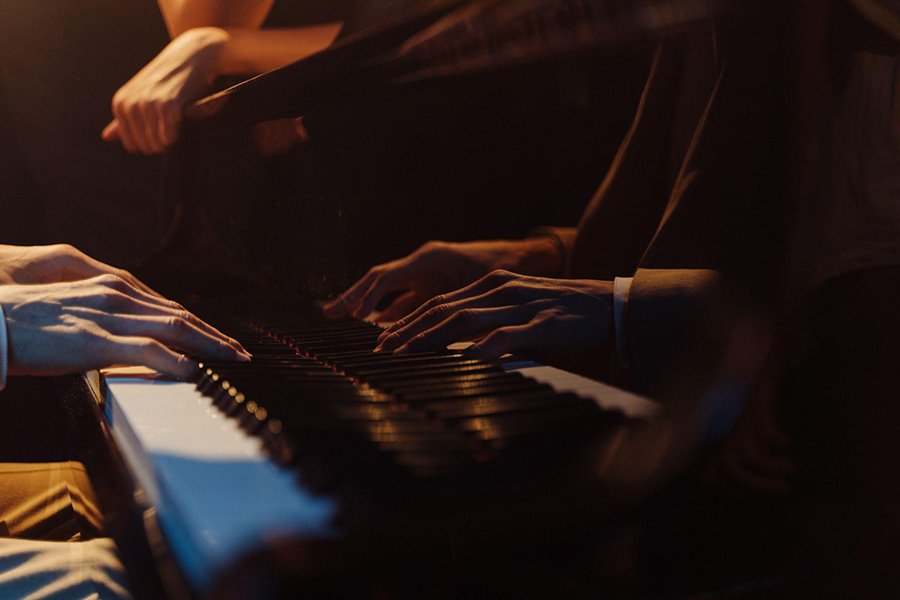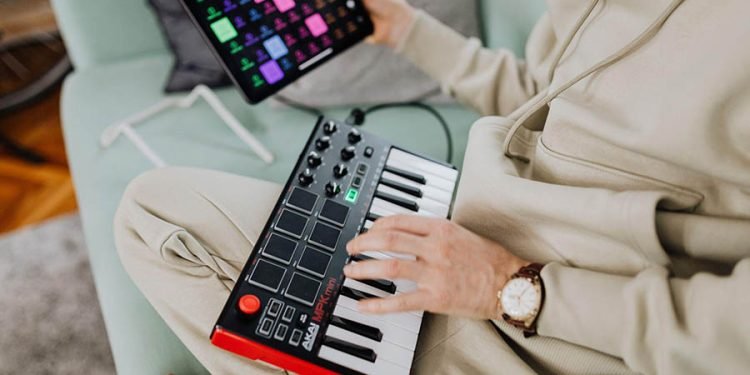It is now much easier and more accessible for musicians to create their music. With the help of top-of-the-line DAWs, fan-favorite studio monitors, and high-quality audio interfaces, this is now a possibility.
Here are a few reasons why you should start producing your own music.
Benefits to hobbies
Everyone has different hobbies. Regardless of whether it is sports, art, or music, they all give enjoyment and fun to a person’s life.
Apart from that, they also help in developing a person. It might seem far fetched at first, but it is true.
You can check out beginner-friendly drum kits for sale australia and try something completely different!
In the case of music, listening to music already makes our lives much livelier and happier. But making music can also do the same.
There is a reason why music is a recommended hobby for people to pick up, like sports and art.
As for specific benefits to making your music, here are the following reasons.
Practicing skills
Like with any hobby, it is a skill you get to hone over time.
At first, it can be difficult. But with enough dedication, it will become easier.
Learning an instrument, writing songs, and recording them can be achieved with enough time and practice.
Music production can be very overwhelming to beginners. It may look like hitting a record and then hitting stop when you’re done, but it’s much more than that.
Comping, frequencies, and mastering are just some of the many techniques in creating a final mix.
The best kind of practice is doing it over and over again. The more you record your tracks and manage your own mixes, the more you will get used to the process.
Getting started with mixing is a surefire way to improve over time, thereby overcoming the difficulty level.
Start slow and keep at it. You’ll be good at it in no time.
Creativity
Music is a creative hobby. Even if you start by learning an instrument or a song, you will want to try adding your creative twist over time. Eventually, you will want to create original music.
When you start learning new techniques, whether that be new ways to play your instruments or new music production tricks, you can start incorporating them in your music, adding more flare to your tunes.
You get to control how your song sounds
This applies more to music writers and producers.
Working with others is great. Although most of the time, you have the best idea for how you want your song to sound.
From where to pan certain instruments to how loud or soft you want a certain section to sound, you have that vision. This is why you communicate thoroughly with your music producer.
Having your music be exactly how you envision it would sound might be something you value. Being able to produce your own music makes it possible to bring out your creative ideas as accurately as you can.
Of course, getting someone else to master your track will help make your track sound better, but having the creative identity of the track already finished before touch-ups will make it much easier for them to mix and master.
Being able to bring out your creative ideas and translate them into actual music is a big plus for learning how to make music.
Boosting Brain Function
‘Not only is music a fun hobby to have, but it also helps the brain.
Firstly, it develops our brain’s cognitive abilities. Playing an instrument requires a lot of the parts in our brain to work. Producing involves both listening and controlling different knobs and levels in order to get the right sound.
Continuously doing these types of activities help improve coordination with our eyes, ears, and hands.
Not only that, but making music also helps with our memory and concentration.
Learning and practicing music involves so much concentration, so it is natural for this part to improve with time.
Motor skills are also greatly improved with the help of music. Playing something like drums that require both hands and feet will help refine your motor skills. The same goes for an instrument like the piano.

Slows Brain Aging
With the improvement of memory and concentration, you will be able to carry these over for years to come.
Another benefit to making music is that it slows down the brain’s aging process.
People who take in musical training, even only during their childhood, are still able to retain adeptness in identifying sensory information.
Improve mental health
From improving brain functions, we now move to how music improves mental health.
Again, this might be something you wouldn’t expect, but there is truth to this.
Music is a key factor in helping people with their mood and mental health, which is why we have something like music therapy available.
When you feel down, you listen to music to help lift your mood or process your emotions. The same can be said about making music.
For one, you get to write about how you are feeling. This is a way to process your emotions in a creative manner. But even if what you are writing isn’t about how you feel, creating music already helps.
Singing also helps reduce stress and anxiety. Focusing on your music occasionally can be a great distraction to someone’s worries, making it less likely to occur.
Another big boost to a person’s mental health is confidence. Music can increase your morale, whether singing in front of many people or finishing a track you made yourself.
As you continue doing it, you continuously get better at it. This positive reinforcement creates a better mood for you, knowing that you can do this and do this well.
There are many advantages that making music can do to help with your mental health, which is what makes it a good hobby to spend time with.
Conclusion
Music is a popular hobby that many people pick up. But now, with the introduction of home studios at affordable prices, it has become an accessible avenue for people to create their own songs by themselves.
With the reasons presented above, now is a good time to try and pick up music and start making it on your own.












